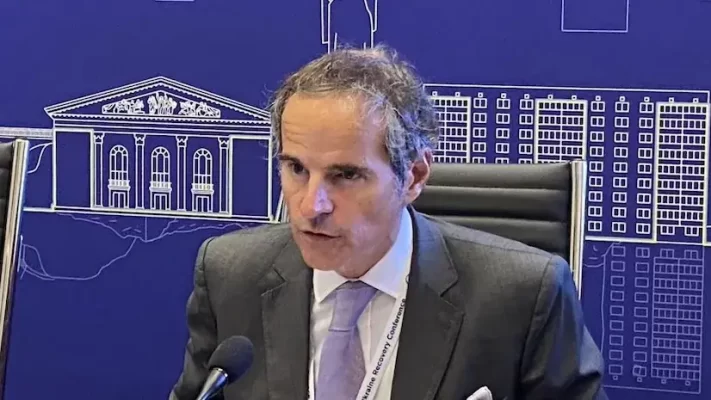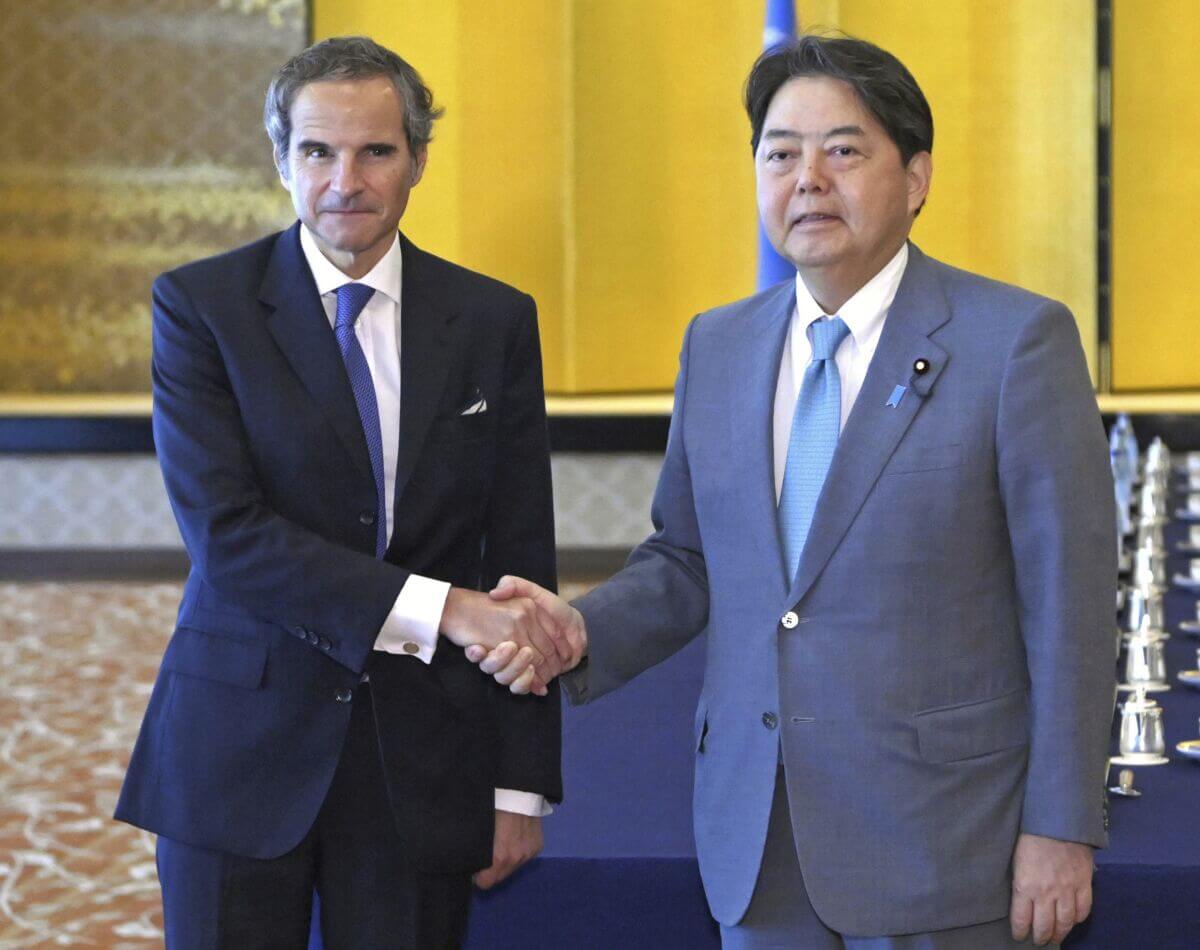UN Nuclear Chief Rafael Mariano Grossi Visits Japan for Final Report on Release of Treated Radioactive Water
Rafael Mariano Grossi, the head of the International Atomic Energy Agency (IAEA), is visiting Japan to meet with government leaders. And submit the IAEA’s final report on the release of treated radioactive water from the damaged Fukushima nuclear plant. The report is expected to confirm that the sampling, testing, and monitoring plans meet international requirements.
The release of treated radioactive water is necessary to prevent accidental leaks and create space for the decommissioning of the Fukushima plant.
However, the plan has faced opposition from countries such as South Korea, China, and some Pacific Island nations. Due to safety concerns and political reasons. Local fishing groups, water and beach businesses, and tourism outfits are also worried about the potential reputational damage.
Japan has sought support from the IAEA to gain credibility for the water release plan. And ensure that safety measures meet international standards.
While the IAEA has conducted interim evaluations that were positive, it does not have the authority to make decisions for the Japanese government. The IAEA’s role is to provide technical assistance and expertise.
Rafael Mariano Grossi Visit to Fukushima Plant

During his visit, Rafael Mariano Grossi will also visit the Fukushima plant. Which was severely damaged by an earthquake and tsunami in 2011.
To address concerns abroad, Grossi plans to visit South Korea, New Zealand, and the Cook Islands after his trip to Japan, aiming to provide further assurance and transparency regarding the water release plan.
The Japanese government and Tokyo Electric Power Company Holdings assure that the treated radioactive water will be diluted to levels below international standards, posing no harm to human health or marine life.
However, concerns remain among some scientists regarding the long-term effects of low-dose exposure to radionuclides. Calls for increased transparency in sampling and monitoring of the release have also been voiced.
The Japanese government has denied allegations of pressuring the IAEA to remove negative information from the final report.
Foreign Minister Yoshimasa Hayashi and other officials have emphasized the importance of transparency and dismissed questionable documents circulating regarding the water release plan.





